
OR
#Editorial
JSP's split threatens political stability
Published On: May 9, 2024 07:30 AM NPT By: Republica | @RepublicaNepal

The split in the Janata Samajwadi Party-Nepal (JSP-Nepal) on Sunday continues to send ripple effects through Nepali politics. Ashok Rai and six other lawmakers of the party took the initiative to form a new party by rebelling against Chairman Upendra Yadav while he was on a foreign tour. Factions, splits, and divisions are regular occurrences within political parties in Nepal. Often, party divisions are not perceived as significant events, as they are more about attaining power or prolonging stay in power rather than guided by any political principle. This is why the general public appears least interested in such political happenings. However, negative effects these divisions can have on political parties and the political stability in the country cannot be underestimated. Political parties are the main actors in democracy. Within them, the struggle for power is always evident. In particular, the two main parties of the country, Nepali Congress (NC) and the CPN-UML, always strive to maintain their prominence. They seem to prefer a two-party competition, akin to developed democracies, in the country's national politics. Therefore, efforts may be made to prevent new parties from emerging or to entangle them in various problems. Additionally, the presence of a number of fringe parties in addition to these two major parties has made the current political landscape peculiar.
Naturally, one of the two major parties should govern the country, while the other should serve as the main opposition. However, the irony of the country's politics is that the third-largest party is leading the government. Despite CPN (Maoist Center) having only 32 seats in the 275-member House of Representatives, it is leading the government. Prime Minister Pushpa Kamal Dahal has assumed leadership by changing the party supporting the government. He became Prime Minister with the support of UML and later through NC. He was able to run the government again with UML's support. The fact that a relatively smaller party has managed to govern the country instead of the two major parties has encouraged other smaller parties to harbor similar ambitions to make it to the power. Perhaps, realizing this situation has led to the split in JSP-Nepal. It seems that all other small parties will fall victim to this situation in the coming days. Such a situation is not difficult to foresee. And, this is not good for the country's democracy and overall political stability.
Critics argue that politics in our country lacks principles. Leading the government is not about accelerating development but about accumulating power and resources. The ultimate goal is for the party to maintain power at any cost. Therefore, parties become desperate even if they are out of power for a year. Seizing power by any means and organizing around it has become norm rather than an exception. The fate of JSP-Nepal at the moment is a sign that other parties are also not immune to this crisis. The institutional decision-making capacity within the parties has significantly weakened lately. It is troubling to see that leaders are ready to even split the party in the name of making it to power. In 1998, Bamdev Gautam and CP Mainali were active in splitting UML. This division played a significant role in hindering UML's progress at that time. Sher Bahadur Deuba took a similar decision to split the ruling party, NC. Often, party divisions are motivated by vested interest of individual leaders. We fear that the division of JSP this time could be a rehearsal of events that may occur in Nepali politics in the future. Such divisions increase frustration at the citizen level, potentially challenging the multiparty democratic system that we have put in place.
You May Like This

JSP candidate Yadav elected HoR member from Siraha-2
KATHMANDU, Nov 26: The Janata Samajwadi Party ( JSP) Nepal has won the election to the member of the House... Read More...

How to judge Oli government?
The longest serving and a stable government post-2008 has failed where it should have succeeded and succeeded where it should... Read More...

Protests in districts as govt moves to split Province 5
KATHMANDU, Nov 30: Protesting locals in the hill districts of Province 5 as well as local supporters of the ruling Nepali... Read More...
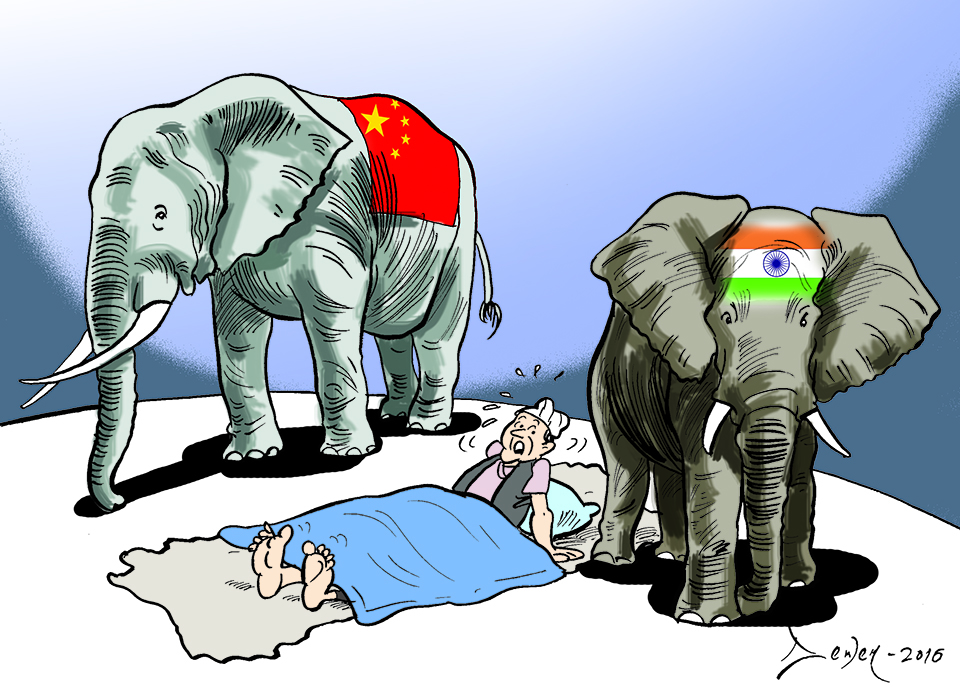
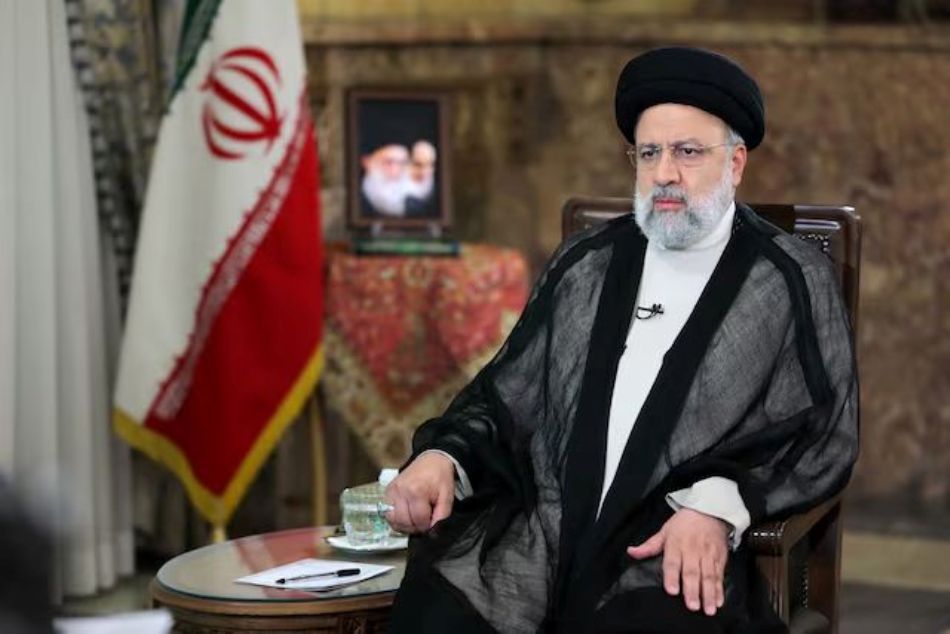

Just In
- Airlines except Tara air halt flights on Ramechhap-Lukla route with mountain climbing season drawing to a close
- NC Vice President Gurung writes letter to Speaker demanding action against Home Minister Lamichhane
- Man-eater tiger dies in Sauraha
- Mayor Balen announces 101 companies attempting land swaps like Giri Bandhu Tea Estate
- CAAN Director General Adhikari to take part in Future Aviation Forum
- Nepal seeks repatriation of 15th century Buddha statue stolen by Chinese smugglers
- Nepal expresses grief over passing of Iranian president, foreign minister in tragic helicopter accident
- NEPSE surges 27.54 points, daily turnover rises to Rs 5.85 billion



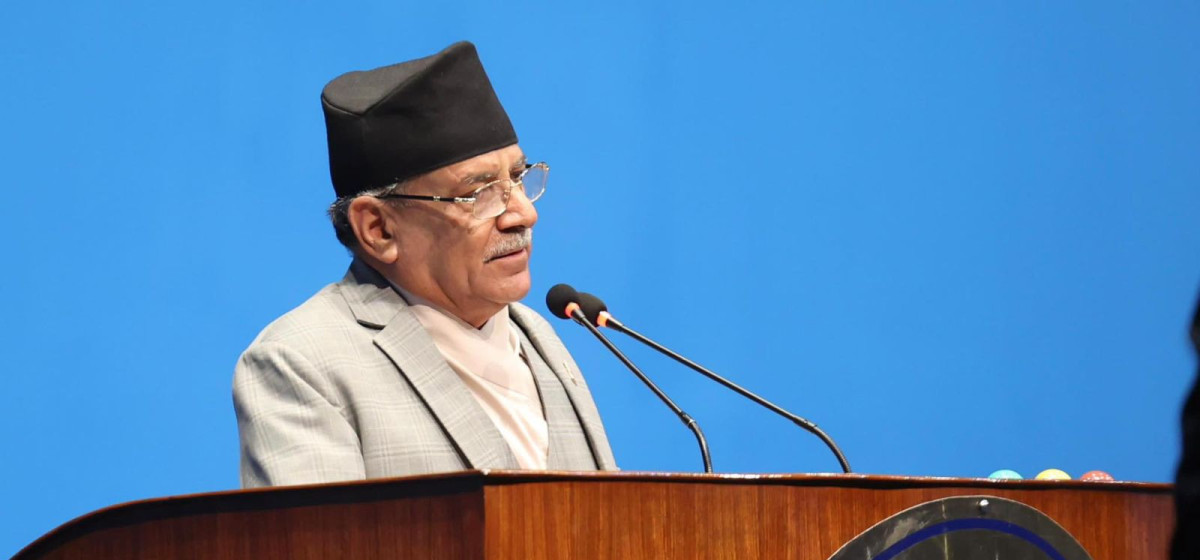
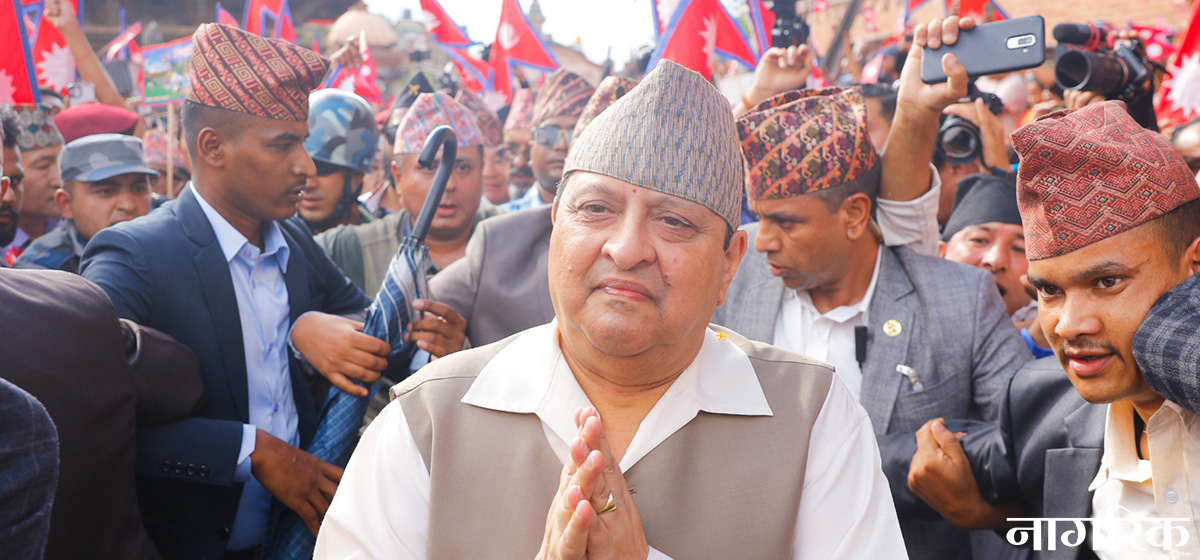
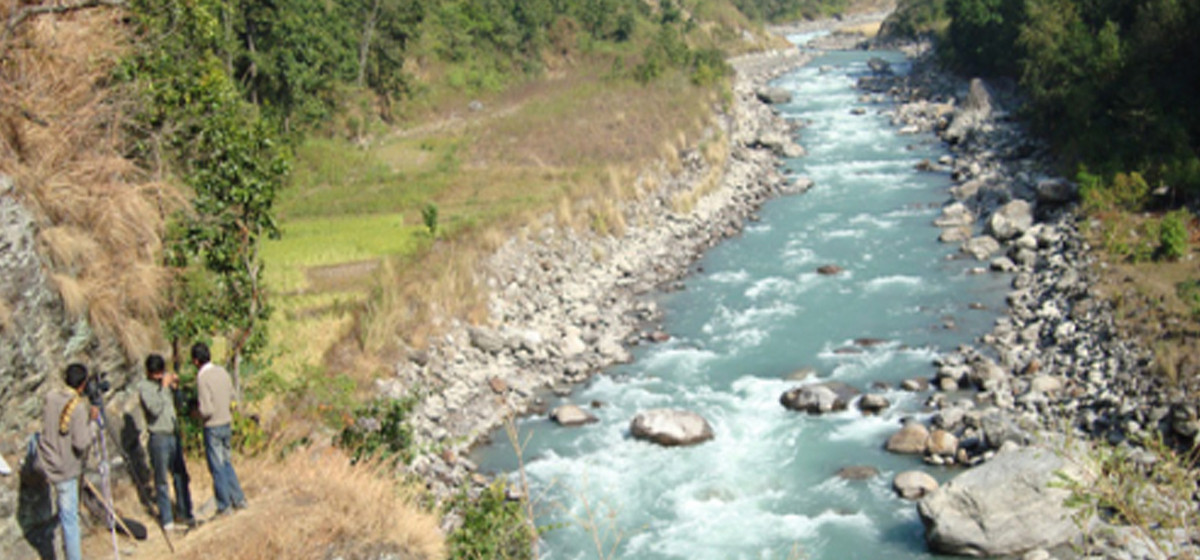
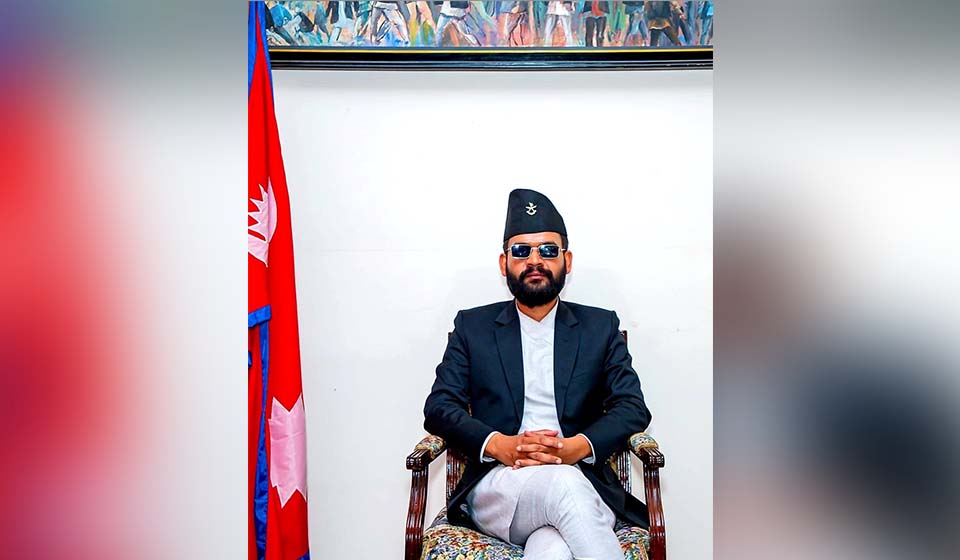
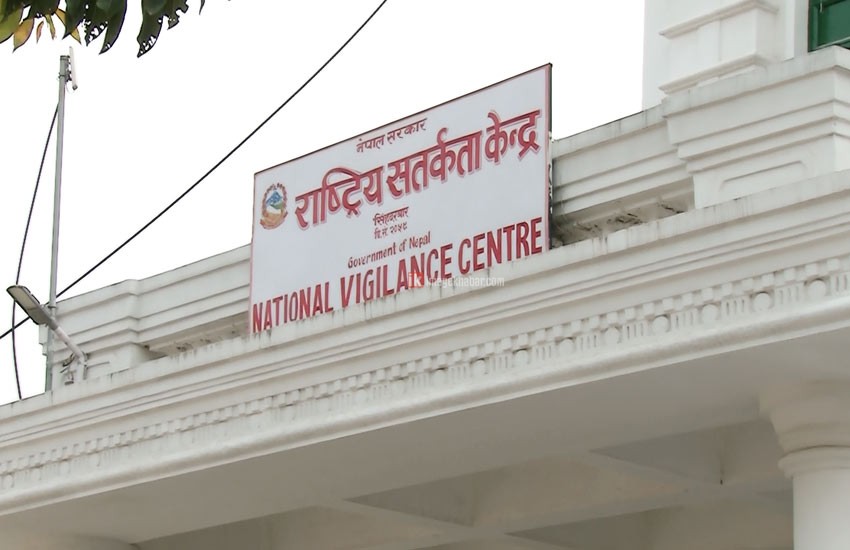

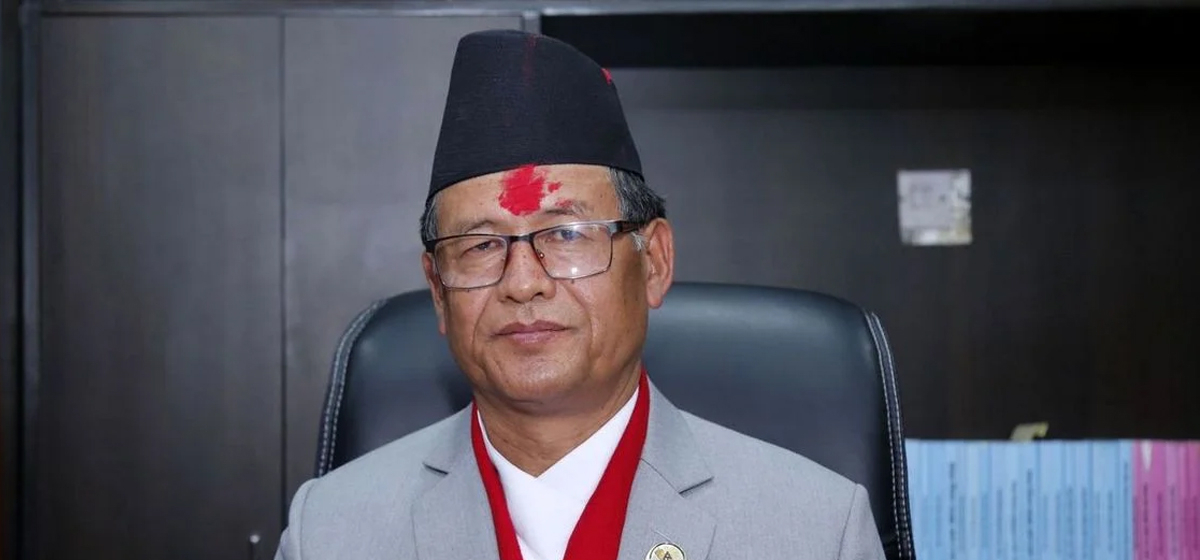

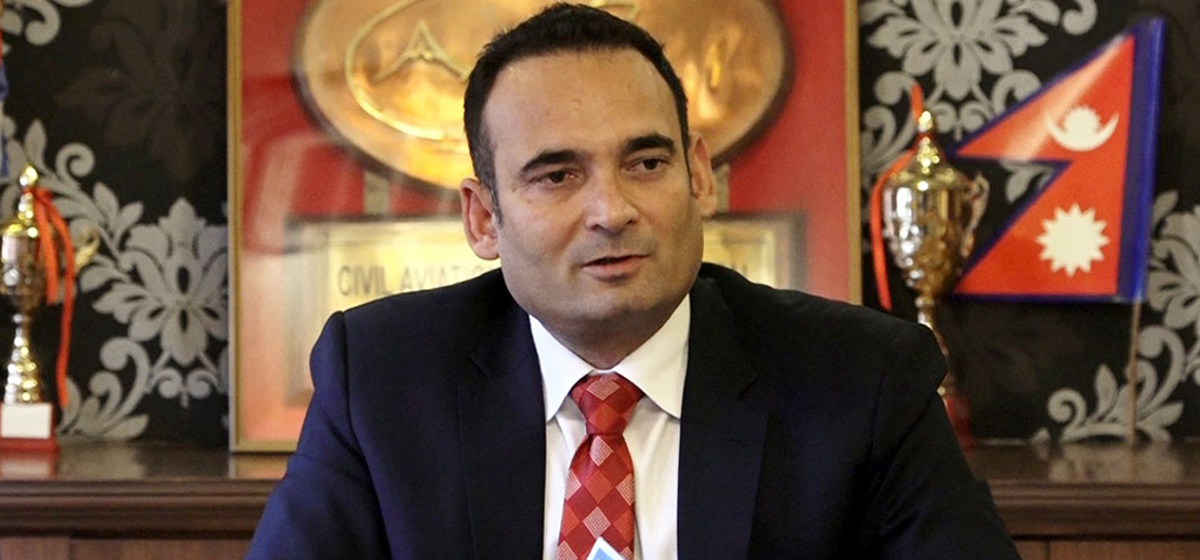
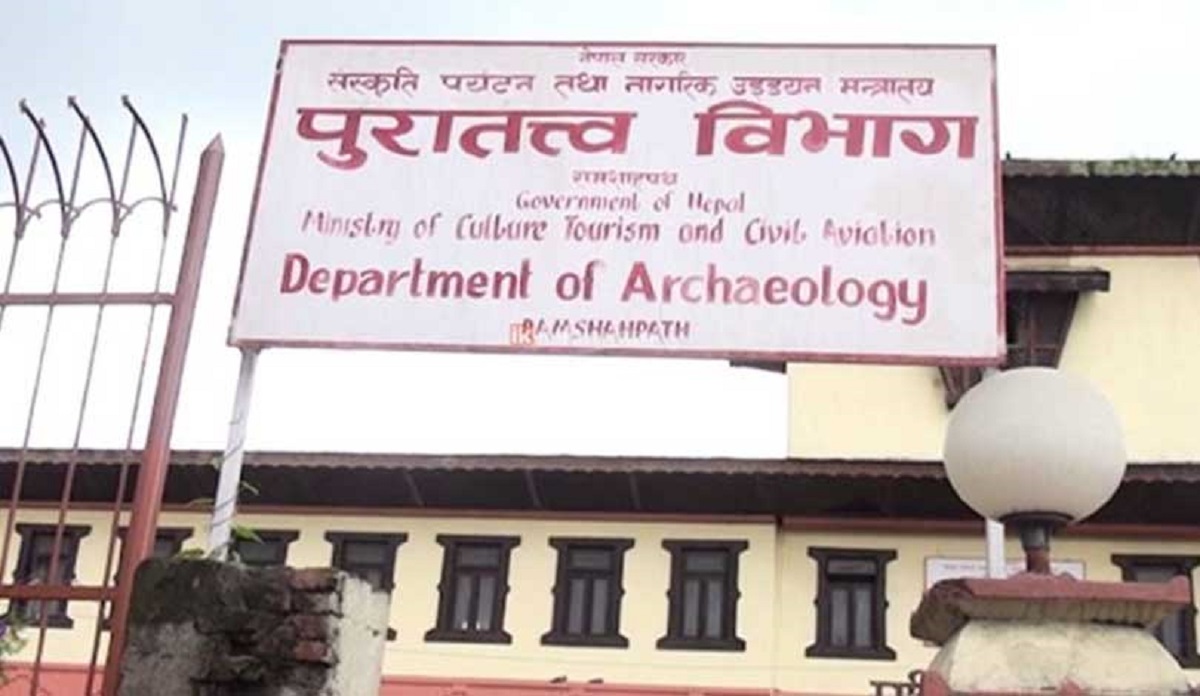
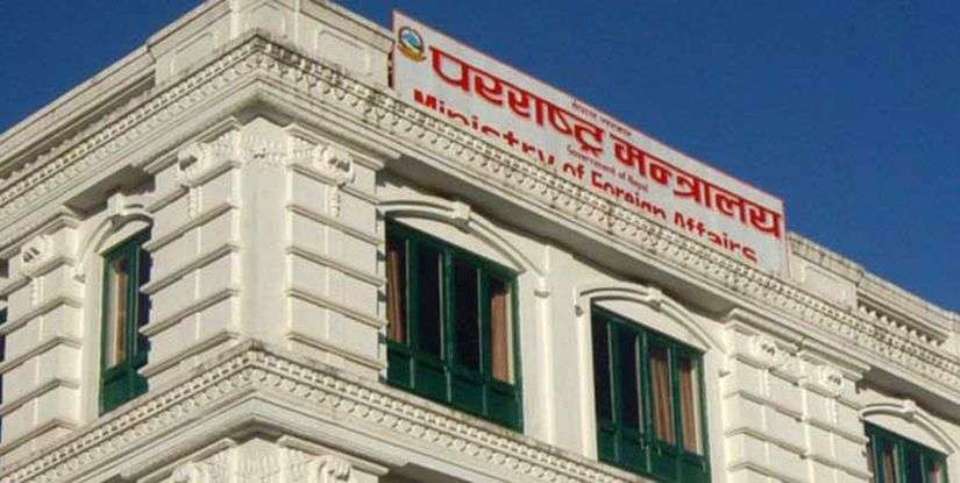

Leave A Comment